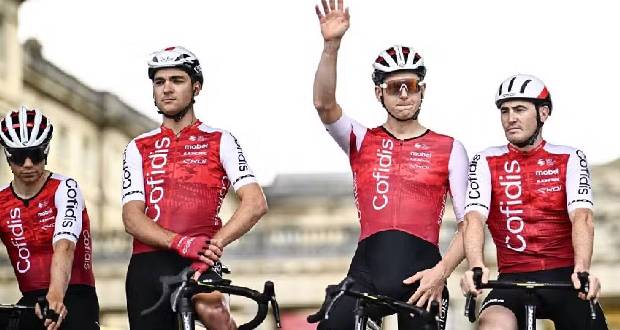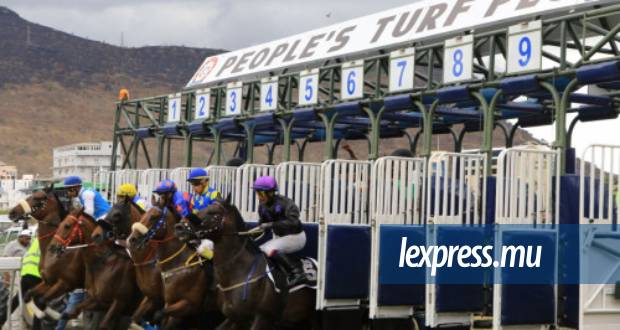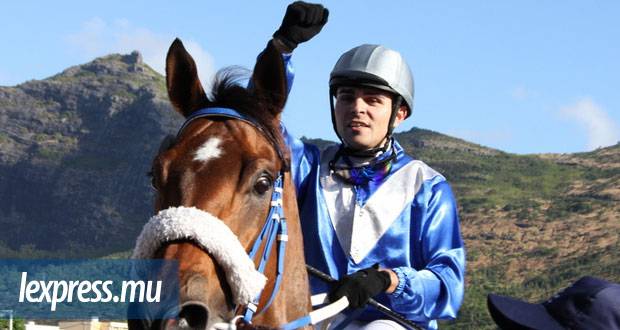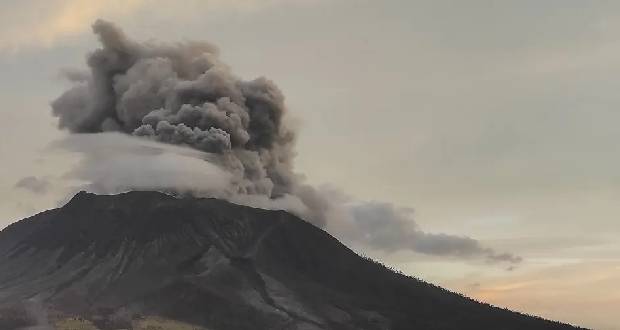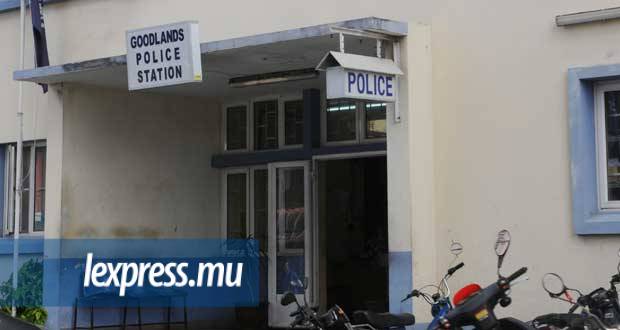Publicité
Eric Chinje: “A journalist cannot be just an observer (…), he is supposed to dig deep and understand the issues”
Par
Partager cet article
Eric Chinje: “A journalist cannot be just an observer (…), he is supposed to dig deep and understand the issues”
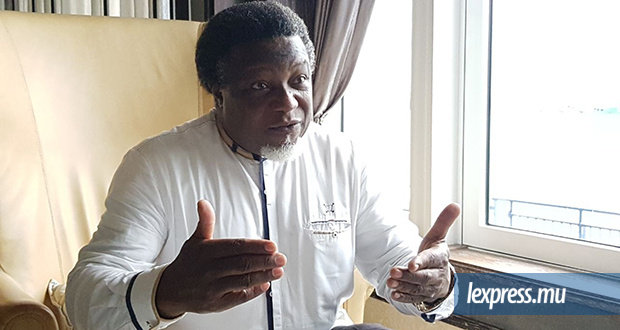
Eric Chinje, Chief Executive Officer of the African Media Initiative, renowned media professional, speaks to us about the evolving role of journalism on the continent and the need to evolve with and adapt to the realities of contemporary society. According to him, it is crucial that we do away with the rigid nature of journalism to dig deeper into stories with the help of all the tools at our disposal. «Otherwise, you’ll just take every statement at face value...», insists Eric Chinje.
You’ve had an extensive career in the media across Africa and you now run the African Media Initiative (AMI). What is the purpose of this initiative?
I run the AMI, which is a continental organisation based in Kenya and created almost 10 years ago. We’ve gone through a few iterations in terms of our agenda. Our current focus is on improving the quality of media in Africa. In our view, there is a deficiency in the content of African media. That deficiency is in the area of development. We believe that there is not enough development related content in African media. We are working to improve that.
How do you go about improving that?
We organise training programmes on development topics for journalists. We need to narrow the gap that currently exists between the development agenda of African countries and the content of media. The development agenda in all Africa would include issues of health, education, infrastructure, agriculture, technology, energy issues, water issues and so on. These are the things that inform Africa’s development agenda.
There is not enough in African media to educate people on these issues. That’s the problem. We cannot develop the continent without an educated population that participates in the process.
Is that an issue with the way we do journalism in Africa?
At AMI, we are carrying out research on a vast scale to hopefully better inform issues of media survival for example. Where is best practice? How can we leverage that? How do we bring it to others? It’s part of our research that informed us that there was real weakness in development reporting. Part of our research also told us about weaknesses in how African media covers Africa. Something needs to be done about that.
‘‘Journalists should investigate. They should constantly try to improve on the quality of the tools of investigation at their disposal. It’s not even a debate.’’
We cannot talk about a continent working to integrate its economies and systems and yet media in Mauritius, for example, has very little about South Africa, Mozambique or Senegal at the other end of the continent. For all of what your audience knows, Mali does not exist or exists on another planet. They know as much as what Reuters tells them and Agence France-Presse or Xinhua News Agency.
We need to improve the work that we are doing on extending coverage of Africa by African media. There is work to be done.
How do you suggest we go about covering the African continent with limited resources?
Mauritius is a small country that has the burden of leadership. I think it is incumbent upon the leadership of this country, in business, in media and even in academics, to open up more to the rest of Africa because it enriches Mauritius in many ways. It enriches Mauritius and allows it to continue to play that leadership role that it has even if it does not know it. If you don’t open up, if the media does not bring Africa to Mauritius, then the media is failing in a fundamental duty.
To speak to your question, which is how Mauritian media does that with limited resources, in an age when so much is available to the journalists in terms of access to information through the Internet, which allows you to go up there, download things, run them through the mill and make them available to your audiences and your readers, we are at that age where this is very possible.
Do those weaknesses contribute to the perception surrounding journalism?
Journalism ranks very low in the popular imagination. Governments think journalists are the problem. The public thinks you manipulate them. At the end of the day, there is very little support for journalists. If you think of the importance of media and why media professionals rank so low in the scheme of things, it should not only baffle you; it should worry you.
The media should be a watchdog, but it should also be a part of the development agenda of the country because we should inform the population about the issues that concern them.
It’s not always easy to inform the population without a Freedom of Information Act. I think it’s a big issue on the one hand and it’s a non-issue on the other. Why is it a big issue? It’s a big issue because access to information is our fundamental right. If for any reason that process is impeded, then you are denying citizens a fundamental right. So, that’s a big issue.
It’s also a non-issue for me because what has created that air of suspicion and mutual disregard between those who hold the information and those who need the information is the inability of the two to talk to each other. Until we do that, this problem of the denial of access to information will continue.
At l’express, our way of dealing with the lack of a Freedom of Information Act is to encourage investigative journalism. However, that process has been criticised with the tagline that journalists should only be spectators and not actors. What is your view on that?
Those who make such a claim just totally fail to fully appreciate the role of media in any society or any country. That’s a failure to understand the role of a journalist or a deliberate attempt to misinform. It’s one or the other. I think that investigation is a fundamental role of good journalism. It’s a part of it. It’s important for the journalists to dig deep.
A journalist cannot be just an observer, stand on the surface and be like a man on the streets. He is supposed to dig deep, understand the issues, bring them out and inform people. That’s what makes the journalists different from the man on the streets. That’s what make the journalists different from the ordinary citizens who come to the press to inform themselves. It’s not even a debate.
Journalists should investigate. They should constantly try to improve on the quality of the tools of investigation at their disposal. It’s not even a debate. Even the young journalists, who are just making an entry into the profession, the first thing they should learn is how to dig deep to find truth in a story. That is one of the first things they should learn.
Otherwise, you’ll just take every statement at face value and at face value, the hidden truths exist and you remain totally ignorant of them. How do you inform your public if you are totally ignorant about those deeper facts within every story? If that was a debate in Mauritius, then you know on what side I come out.
Do you think that this attitude towards investigative journalism has to do with the propaganda we are used to from our national television?
It’s not enough for the journalists to relate to a story at face value. You have got to constantly dig deeper to provide a more holistic analysis. I believe that every society needs this. It’s providing a counterview. The fact that we have a range of opinions is evidence of the fact that we need to capture that diversity immediately. State media cannot capture that diversity.
There are very few countries in the world where you don’t have an increasing diversity of opinion in the media. In other words, in most countries in the world today, private ownership of media has become a right not even to be debated. I don’t know if you are telling me that there’s no diversity of opinion in the audio-visual in Mauritius. If there is not, I can confidently say that it points to a major weakness in the overall public discourse in the country.
Mauritius is no different from other societies around the world where there is diversity of opinion. How do you reflect that if all you have is state-controlled television? Evidence of it is the Internet. Look at the Internet. There is no point holding on to a singular view of any issue in the world today because the Internet is free. People can go there and find out what they want.
The Internet is even becoming more accessible as Wi-Fi enabled instruments expand. I think it’s almost foolhardy to resist that trend of opening up to other views in society.
Publicité
Les plus récents
